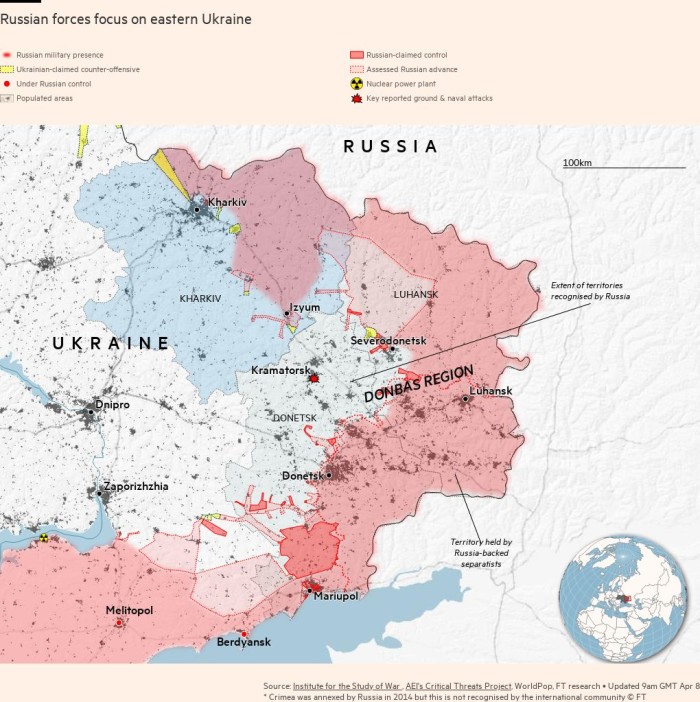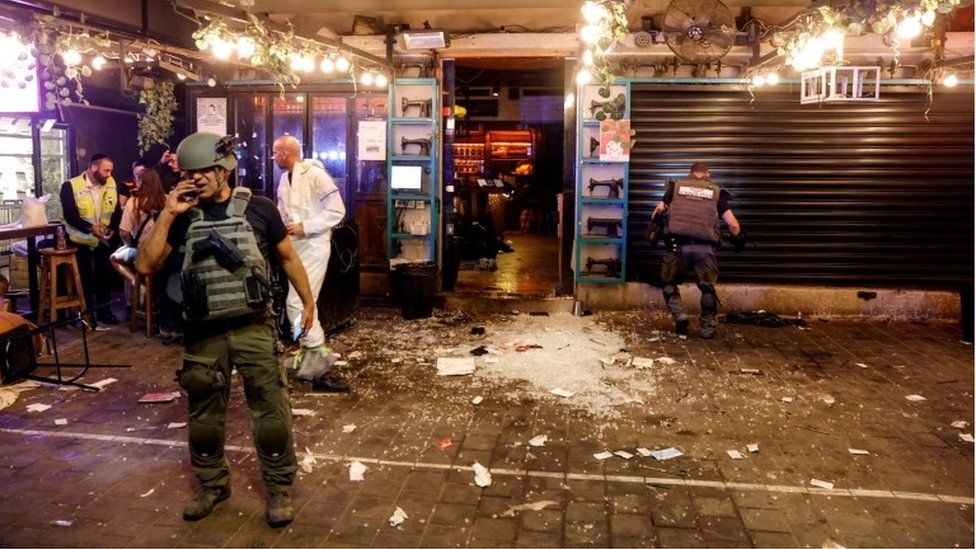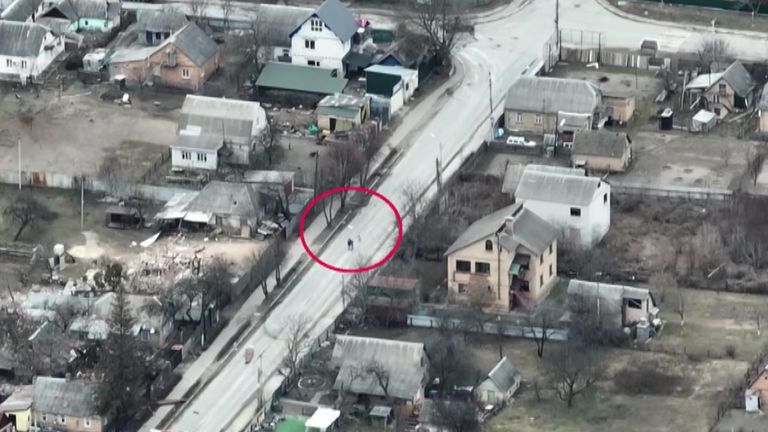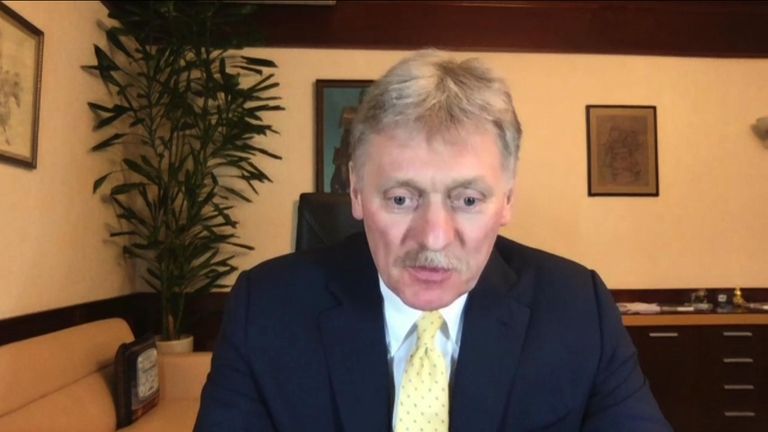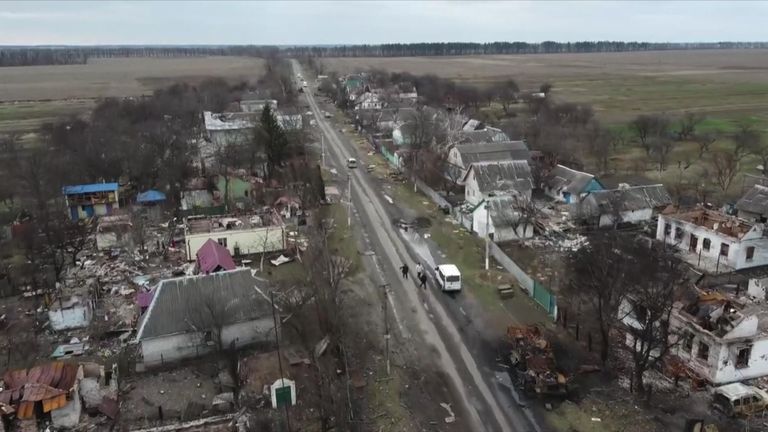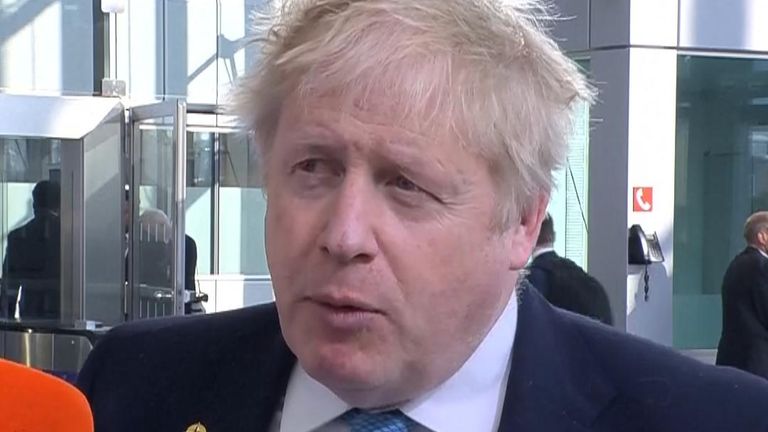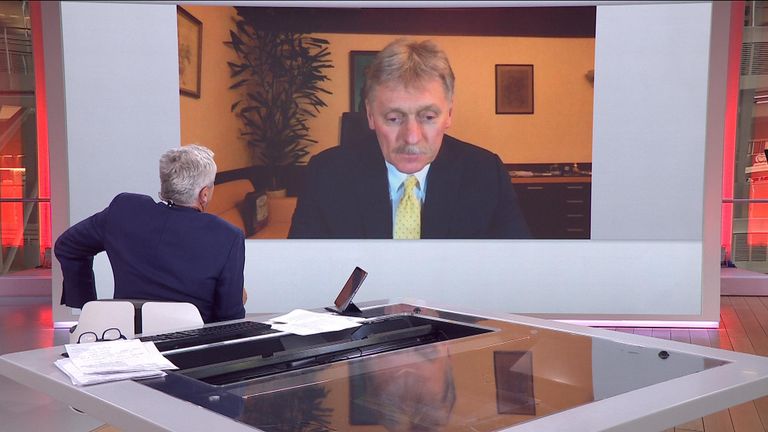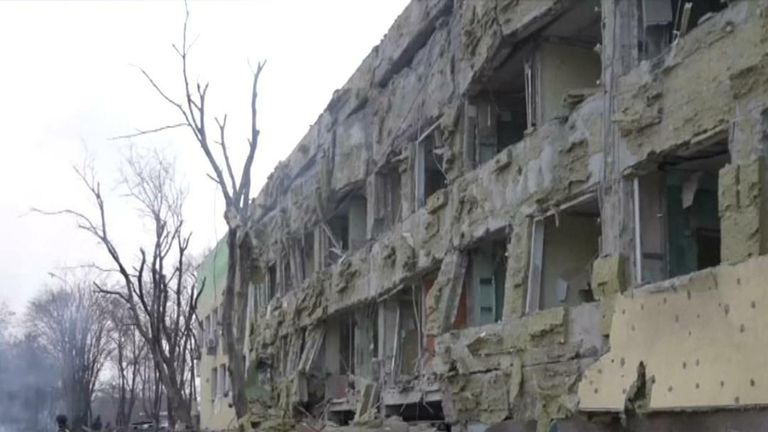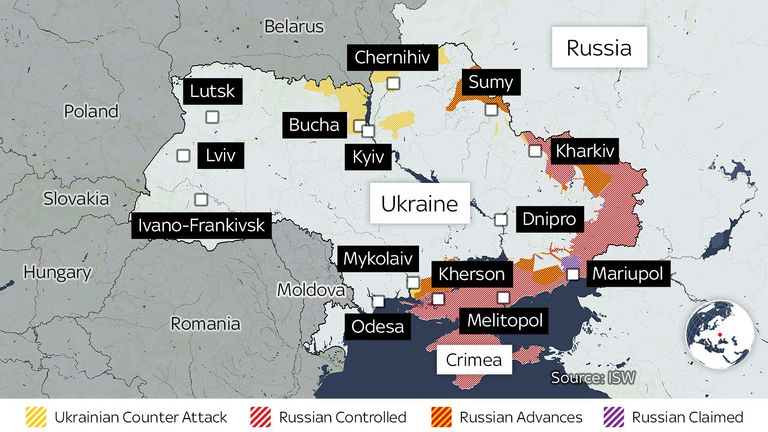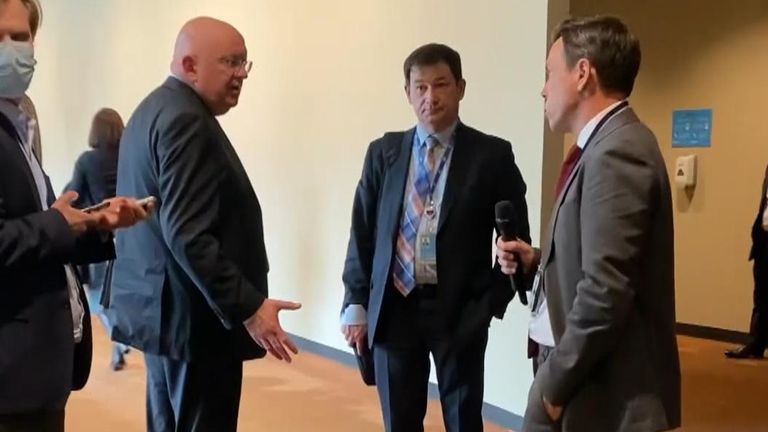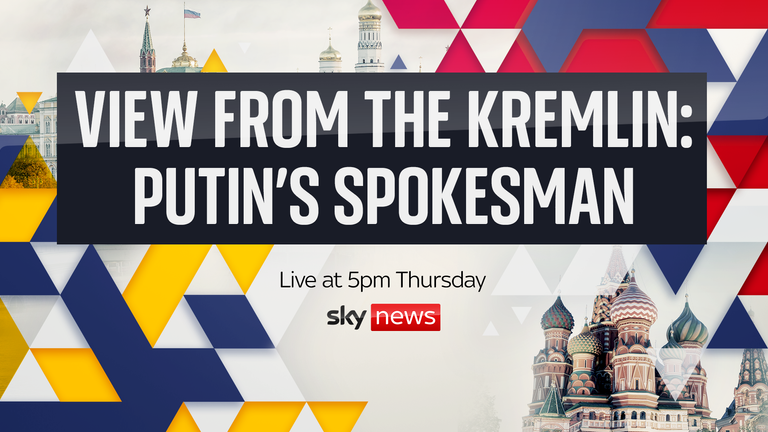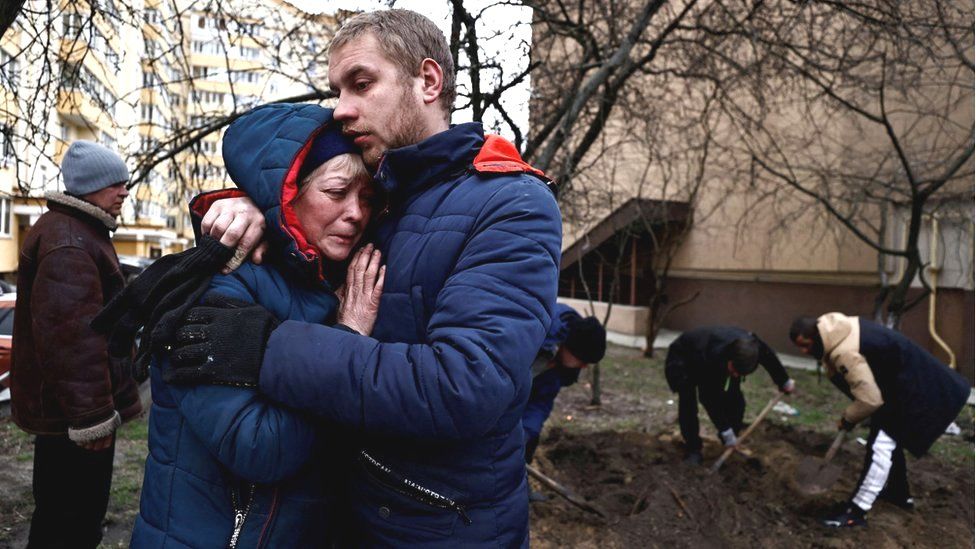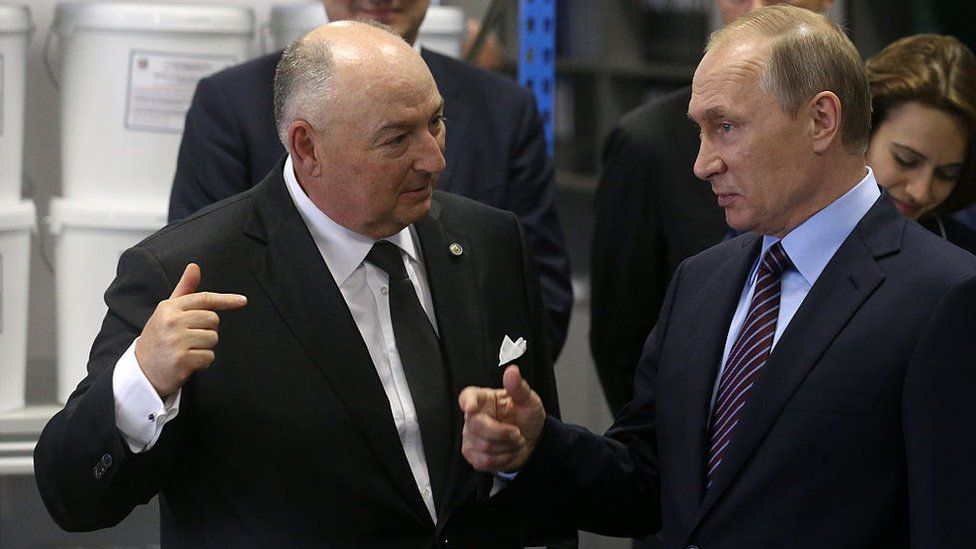Russian missiles killed dozens of people at a railway station on Friday in one of the deadliest attacks in the six-week war, hitting a hub in eastern Ukraine where residents were gathering to flee a renewed Moscow offensive.
Fifty people were killed, including five children, at the station in Kramatorsk and about 100 were injured, the Donetsk administration said.
“Thousands of people were at the station during the missile strike, as residents of Donetsk province are being evacuated to safer regions of Ukraine,” said Pavlo Kyrylenko, head of the region’s military-civilian administration.
The attack came as Ukraine braced itself for Moscow to step up its assault on areas it does not control in the Donbas region — comprised of the Donetsk and Luhansk provinces — having largely withdrawn from territory north of Kyiv.
Referring to Russian forces, Kyrylenko said that they “knew well where they were aiming and what they wanted” in the Kramatorsk attack. “They wanted to take on as many peaceful people as possible, they wanted to destroy everything Ukrainian,” he said.
Ukrainian president Volodymyr Zelensky said the station was hit by Russian Tochka tactical ballistic missiles. “Not having the strength and courage to confront us on the battlefield, they are cynically destroying the civilian population. This evil has no bounds,” he said.
The US believes Russia used a short range ballistic missile, the SS-21, for the strike, a senior US defence official said, adding that Washington was still assessing whether cluster munitions were involved.
Unconfirmed videos posted on social media by the Ukrainian railways company showed police walking around corpses at the strike site.

Charles Michel, president of the European Council, described the attack as “horrifying”. He said: “Action is needed: more sanctions on Russia and more weapons to Ukraine are under way from the EU.”
The bloc is already discussing a new set of measures, having agreed a package this week targeting Russian coal exports and dozens of oligarchs in the wake of the mass killing of civilians in Bucha and other Kyiv suburbs.
In Kramatorsk, witnesses recalled hearing two explosions after missiles hit the station as people were waiting to board a train scheduled to depart 30 minutes later.
Ukrzaliznytsia, Ukraine’s railways company, said on its Telegram channel: “This is a deliberate blow to the passenger infrastructure of the railway and the residents of Kramatorsk.”
Dmytro Kuleba, Ukraine’s foreign minister, said: “Russians knew that the train station in Kramatorsk was full of civilians waiting to be evacuated. Yet they struck it with a ballistic missile . . . This was a deliberate slaughter. We will bring each war criminal to justice.”
Russia’s defence ministry initially said it had used high-precision rockets to attack three Ukrainian railway stations in the Donbas that it claimed were hosting “Ukrainian reserves’ armaments and military equipment”.
But after the scale of the civilian casualties became clear, Russia denied any involvement in the attack, which it said was a “provocation” that “has nothing to do with reality”.
The defence ministry said: “Russia’s forces had no plans to fire on targets in Kramatorsk on April 8.” It claimed that the missiles used in the attack were used solely by Ukrainian forces.
More than six weeks after Russian president Vladimir Putin ordered the invasion of Ukraine, Moscow’s troops have largely withdrawn from north of Kyiv after failing to seize the capital, according to Ukrainian and Russian officials. However, they are regrouping and rearming ahead of an attempt to advance in the eastern Donbas region, where Kramatorsk is located.
Oleksiy Reznikov, Ukraine’s defence minister, said Russian attacks on civilian targets underscored the need for Kyiv’s western allies to supply it with more modern and longer-range weaponry.
Speaking to the Financial Times and other news outlets on a visit to Bucha, where evidence of widespread atrocities against civilians emerged this week, Reznikov said: “You can see the atrocities in civilian places. There are no military facilities, no military targets [here]. Just civilian. It is the same in Bucha, Irpin, Dmytrivka and today you can see it in Kramatorsk.”
Reznikov said Ukraine needed multi-launch rocket systems, tanks, armoured vehicles, anti-ship missiles and Nato standard calibre artillery to go on the offensive against Russian forces in the east and the south.
“We need more long-range weapons. We can deter them [with anti-tank weapons]. But we need to keep them out,” he said, adding that Kyiv was “changing philosophy” for the next phase of the war.
Reznikov said Ukrainian forces needed little training to operate anti-ship missiles or US or German tanks.
Friday’s strike on Kramatorsk follows an attack on Thursday on a nearby railway bridge, 35km from the frontline. That strike hampered efforts to evacuate civilians from the eastern provinces of Donetsk and Luhansk.
On Thursday, Serhiy Haidai, head of Ukraine’s Luhansk military administration, said Russian forces were regrouping and would “try to conduct an offensive” within three to four days.
Neither Russian nor Ukrainian military claims can be independently verified.
Additional reporting by Felicia Schwartz in New York
https://news.google.com/__i/rss/rd/articles/CBMiP2h0dHBzOi8vd3d3LmZ0LmNvbS9jb250ZW50LzEzMDZkODMxLWZhMDAtNDE4YS1hMmYyLWMyMzc2NWVlMDk2NNIBAA?oc=5
2022-04-08 18:12:05Z
1372578045
